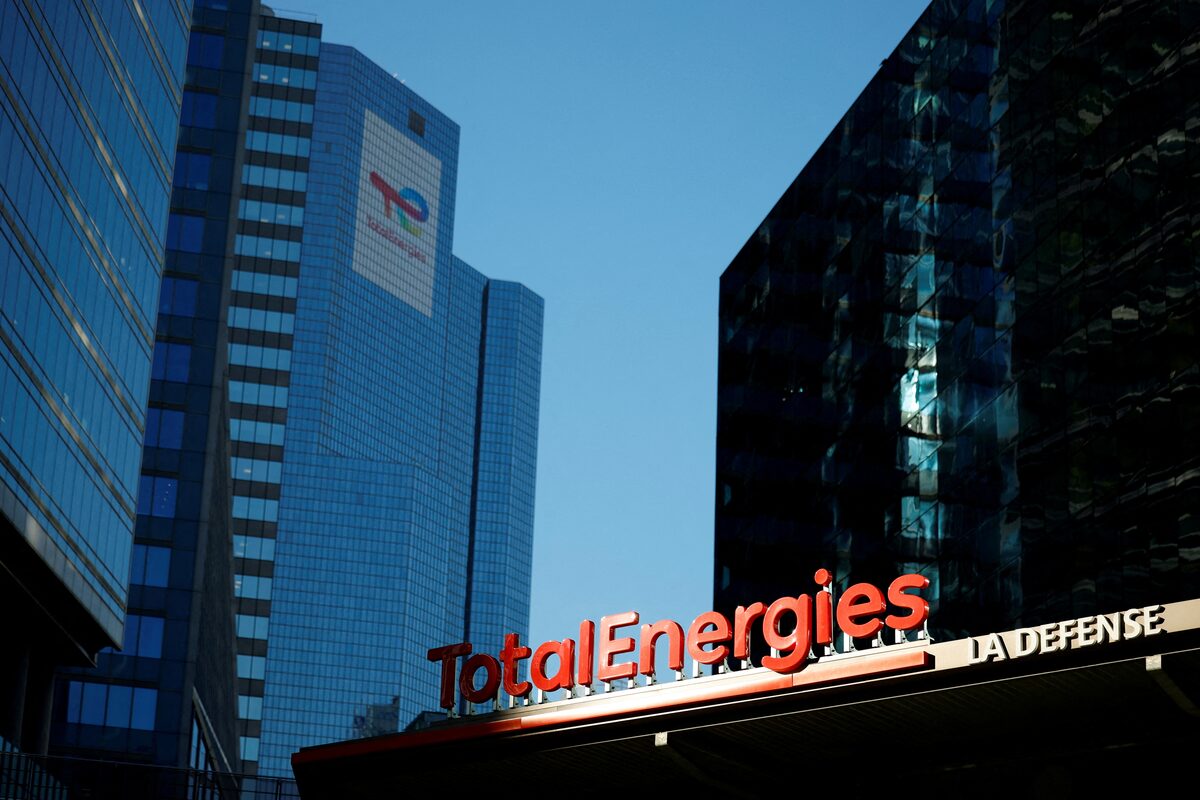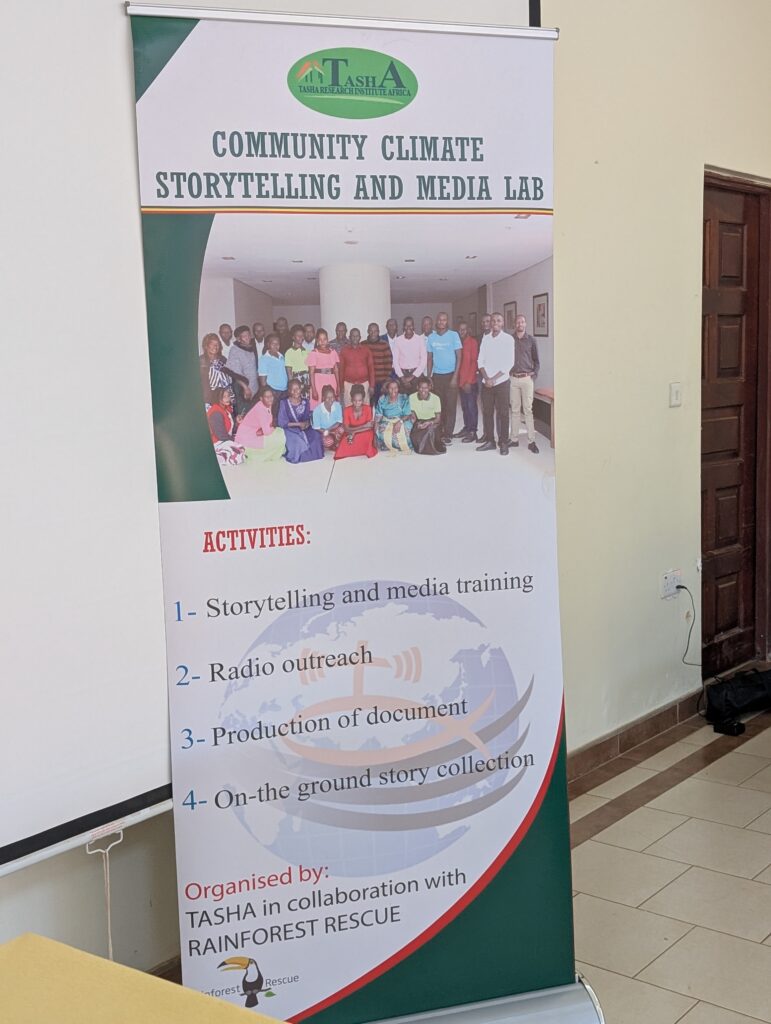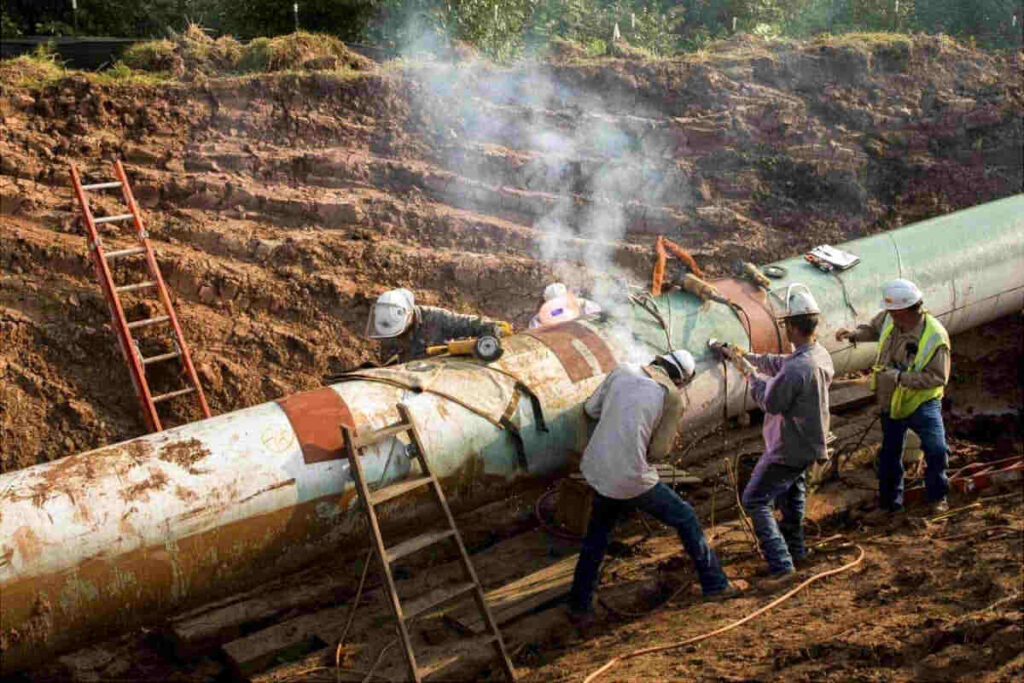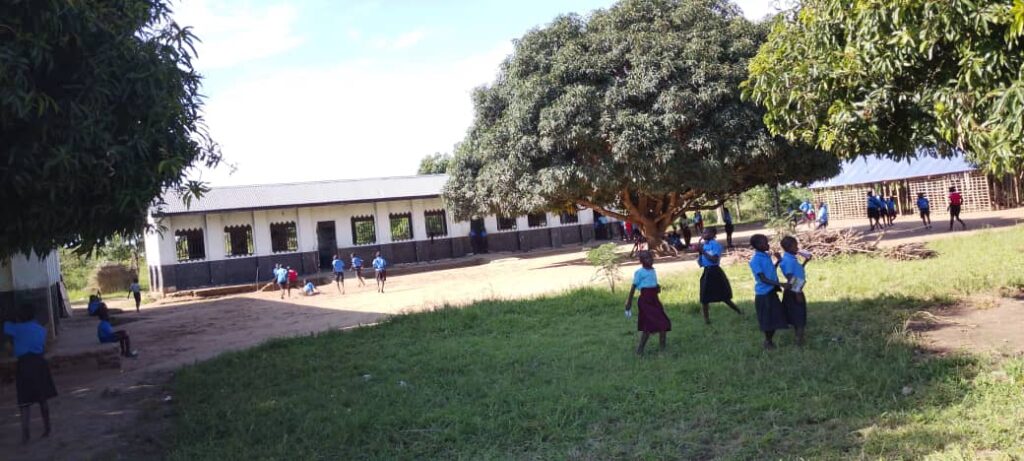For many farming families along the oil pipeline route, the EACOP project meant more than the loss of land. They were told they could no longer plant crops on fields their families had cultivated for generations, even though no compensation had yet been paid. Food stores dwindled, children went hungry, and the very source of livelihood was cut off long before alternative arrangements were in place. Mind you, for many of those in the oil pipeline’s route, some of these alternatives never actually surfaced. It is this reality of dispossession, hardship, and intimidation that now sits at the heart of a groundbreaking legal case against French oil giant TotalEnergies.
On 18 September 2025, the Paris Judicial Court ordered TotalEnergies to release critical documents in a lawsuit over its Tilenga and East African Crude Oil Pipeline (EACOP) projects. For the Ugandan communities at the center of the dispute, the ruling is more than a procedural step—it is a moment of recognition in their long struggle to hold the company accountable.
The case is built on France’s Duty of Vigilance law, adopted in 2017 to ensure that large French corporations take responsibility for human rights and environmental risks across their global operations. While the law has been hailed as groundbreaking, it is only now being tested through unprecedented lawsuits against TotalEnergies. Ugandan Project-Affected Persons (PAPs) and supporting organizations such as AFIEGO, NAPE, Survie, Friends of the Earth France and Tasha Research Institute Africa have fought for years to make their grievances heard in French courts.
At the core of their claims are stories of land dispossession, unfair compensation, environmental destruction, and systematic intimidation. Some families were given payments far below the value of their land, while others received nothing at all. Those who resisted were pressured to accept houses that clashed with their cultural and personal needs, often under the threat of forced relocation. Some were coerced into accepting criminally low payments under the threat that they were not going to receive anything else if they refused the money that was on offer.
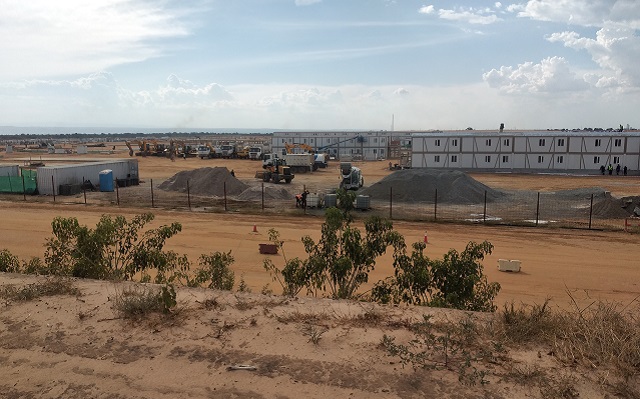
Beyond these immediate losses, many describe a climate of pressure and fear. Community members reported being denied access to basic government services, such as registering businesses, unless they withdrew from the case. Others were pushed into signing unfair agreements, with debts and financial hardships used as tools of coercion. Meetings organized to raise awareness about the impacts of oil extraction were disrupted, participants threatened, and some organizers forced to relocate for their safety. Even community monitors who were not directly displaced found themselves under strict surveillance, discouraging them from speaking openly about the abuses they observed.
The ruling in Paris directly addresses these struggles. By ordering TotalEnergies to disclose government compensation reports, land valuation studies, flood risk assessments, and unredacted human rights committee minutes, the court has provided an opportunity for the plaintiffs to support their claims with the company’s own records. The judge’s rejection of TotalEnergies’ broad confidentiality arguments is a strong signal that secrecy cannot shield corporations from accountability when communities allege rights violations.
For the affected families, many of whom have lived under threats and uncertainty for years, the court’s order represents a recognition that their voices matter. Access to these documents could allow them to prove what they have long maintained—that their displacement was unjust, their compensation inadequate, and their treatment deeply unfair.
The implications extend beyond Uganda. By confirming the liability of parent companies for the actions of their subsidiaries abroad, the Paris court has set a precedent that may shape how corporations are held accountable in the future. Communities harmed by extractive industries now have a potential pathway to pursue justice not just locally, but in the home countries of the multinationals that displace them.
The next hearing is set for 16 October 2025, when the court will establish a timeline for proceedings. If TotalEnergies fails to comply with the disclosure order, it will face daily fines. But for the PAPs, the real stakes are not measured in financial penalties. This case represents their chance to challenge years of dispossession, intimidation, and broken promises—and to reclaim their rights against one of the most powerful corporations in the world.
For the plaintiffs, the ruling is more than a courtroom victory. For the global community, it is a test of whether the Duty of Vigilance law can truly deliver justice to those most affected by the relentless march of extractive industries.

